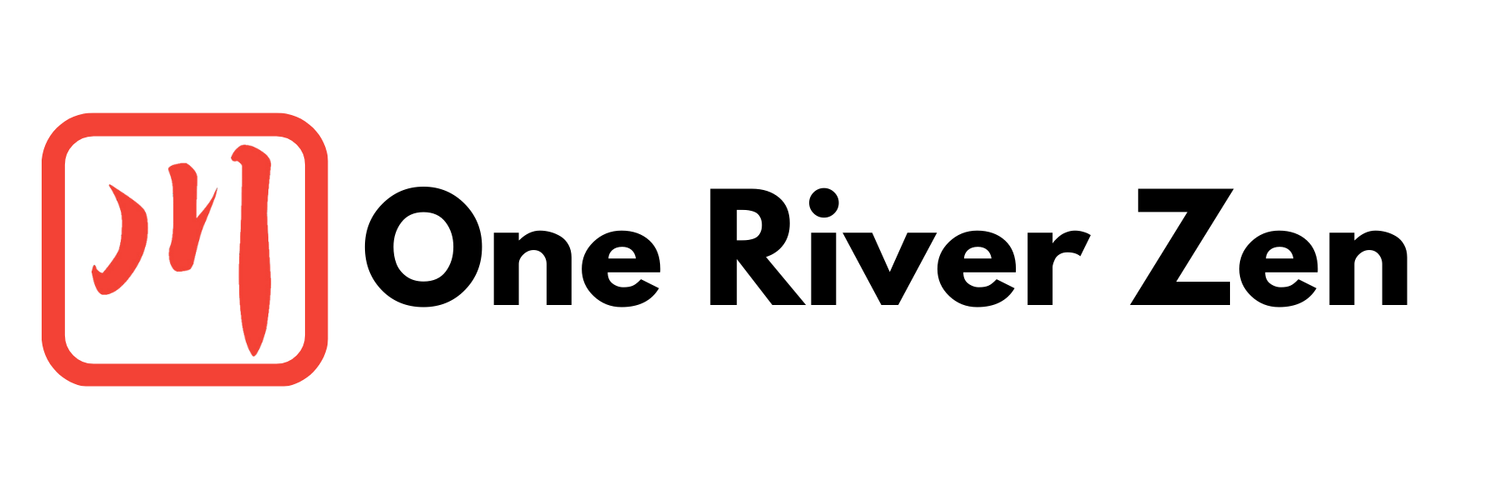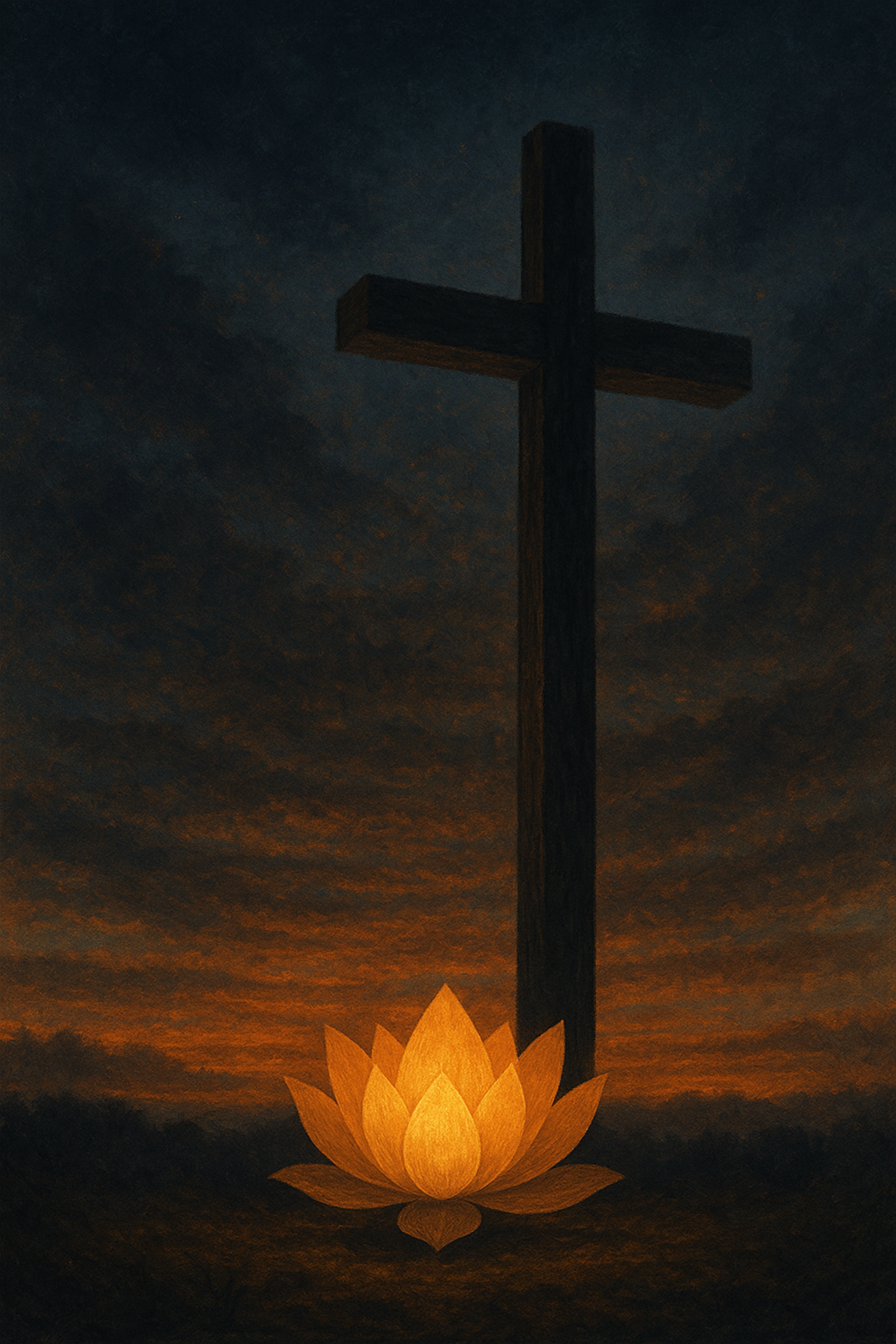Good Friday: The Dharma Gate of Forsakenness | Hoshi Jinsen Vanessa Roddam
Hoshi Jinsen Vanessa Roddam
by Hoshi Jinsen Vanessa Roddam, co-founder of One River Zen
Thank you for sitting with us.
Today, millions of Christians around the world are observing Good Friday. It's a seemingly strange name for a remembrance of terrible suffering. That great Jewish bodhisattva, Jesus Christ, was led to be executed—a very cruel and horrible death—but not before being assaulted and humiliated first.
When Jesus was hanging on the cross, he cried out:
"Eli, Eli, lama sabachthani?"
"My God, my God, why hast thou forsaken me?" (Matthew 27:46, KJV)
Like King David, who said these words in Psalm 22, Jesus was expressing the cry of someone completely unraveling through a pain and suffering so profound that, in that moment, the Way seemed completely darkened. Forsaken. Deserted. This is a pain that, when we experience it, we might think: What is the point of it all? What is the point of living when such horrors exist?
Those on the spiritual path are not immune from these questions, because we are not immune from great suffering or great loss.
Seeking the Buddha Way, we may experience an aversion to forsakenness. We might find ourselves, in those tremendously painful moments, pushing away what we think is unspiritual. But I believe that Jesus and King David showed us that being forsaken is not a sign that we are off the path.
Forsakenness itself is part of the Way.
It is a Dharma gate.
Jesus cried out in anguish. And then the scripture says he gave up his spirit—surrendering, and ultimately demonstrating that death and life are not two different things. Two thousand years later, all over the world, we can feel the deathless presence of Jesus. It’s a pretty incredible metamorphosis, isn’t it?
If we go through this Dharma gate of forsakenness—if we don't turn away from it—a transformation occurs. Directly facing the deepest, darkest pain, cradling it in our arms, crying out and letting tears flow freely—something profound happens.
We awaken to the truth that the Buddha Way does not shield us from catastrophe, cruelty, or deep loss. But it does sustain us. And when we know this experientially, we become able to deliver compassion to all those around us who are forsaken.
We see them.
We respond to them.
We don't turn away from the forsaken.
We join them.
We walk with them.
We cry with them.
And we just sit with them.
When forsakenness comes into your life, don’t turn away.
Include everything.
Allow tears and sorrow to be folded into your practice, and open that Dharma gate.


